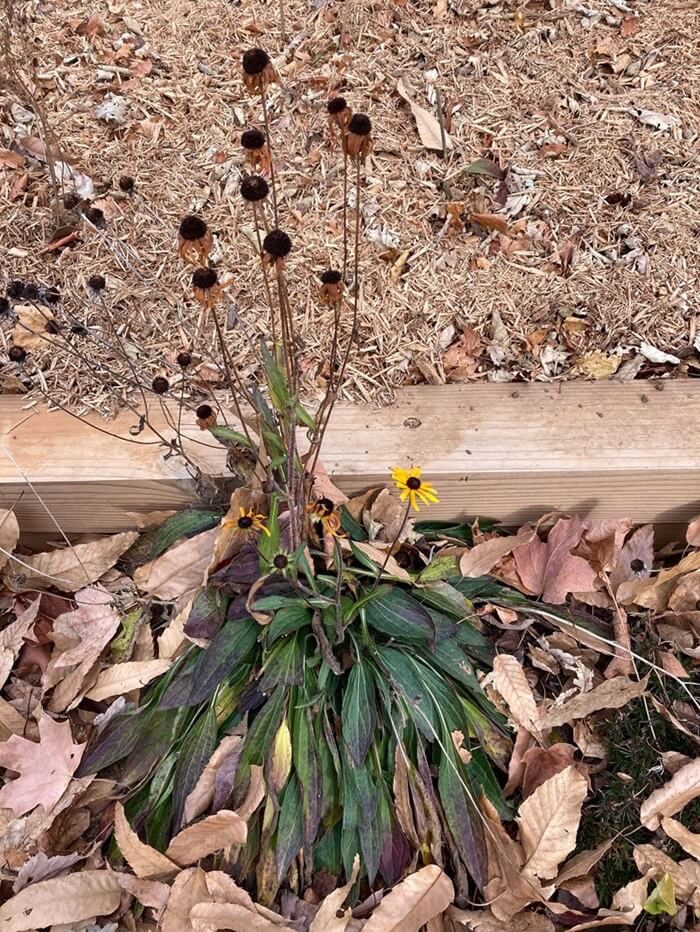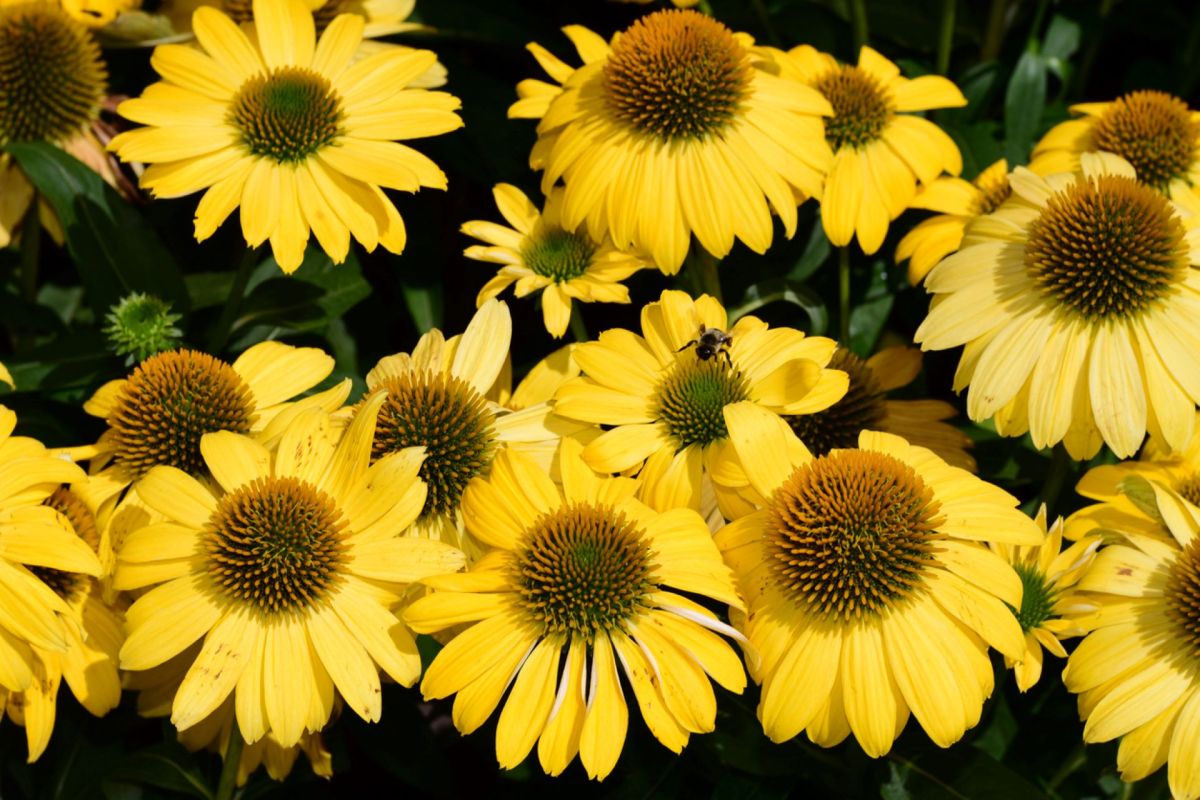Changing weather patterns and consistently rising temperatures have had far-reaching and often unpredictable effects on the natural environment. And as one Redditor's recent post — titled "season confusion" — showed us, plants are pretty confused about the whole thing.
"Nights temps in the 20s but daytime temps in high 40s and 50s has this Orange Coneflower (rudbekia fugida) confused about what to do!" the poster wrote, sharing with the other members of the r/NativePlantGardening subreddit. The accompanying photo shows a group of flowers that have sprouted early but appear to be dealing with some adverse effects from low nighttime temperatures.

Although the poster seems to not be taking the situation too hard, changing temperatures are a big problem for plant life all around the world.
As average temperatures have continued to rise across the globe, largely as a result of the overheating effects of dirty energy sources such as gas and oil, spring has essentially been coming earlier every year, messing with the natural life cycle of plants.
According to USA National Phenology Network director Theresa Crimmins, these changes can have widespread implications. When one plant species buds early and another does not, Crimmins said, "that can lead to mismatches where species that depend on each other aren't all undergoing these things that they're supposed to do at the same time of the year." It can also affect migratory animals that rely on certain plants for food.
An article in Emerging Topics in Life Sciences pointed out that earlier springs can also create a mismatch between plants and pollinators, hurting both. Essentially, nature exists in balance — and the more we upset that balance, the more we harm the environment.
And that's bad news for everyone, including native plant gardeners. Native plant gardening has increased in popularity in recent years as an alternative to traditional grass lawns. Benefits of making such a switch include saving time and money on lawn maintenance and promoting biodiversity in your area.
Installing a native-plant lawn creates a haven for pollinators such as bees and butterflies. These pollinators are crucial for the health of our ecosystems and are essential to the production of many crops that make up our food supply.
On the original Reddit post, one commenter shared a similar situation, saying, "I have a random dandelion that popped up in my lawn."
Another added: "This happens all over my yard in a light sprinkle. Like for some reason, it'll stay at like .5% of its blooming capacity until it's forced down by even deeper wintry weather."
Join our free newsletter for easy tips to save more, waste less, and help yourself while helping the planet.









